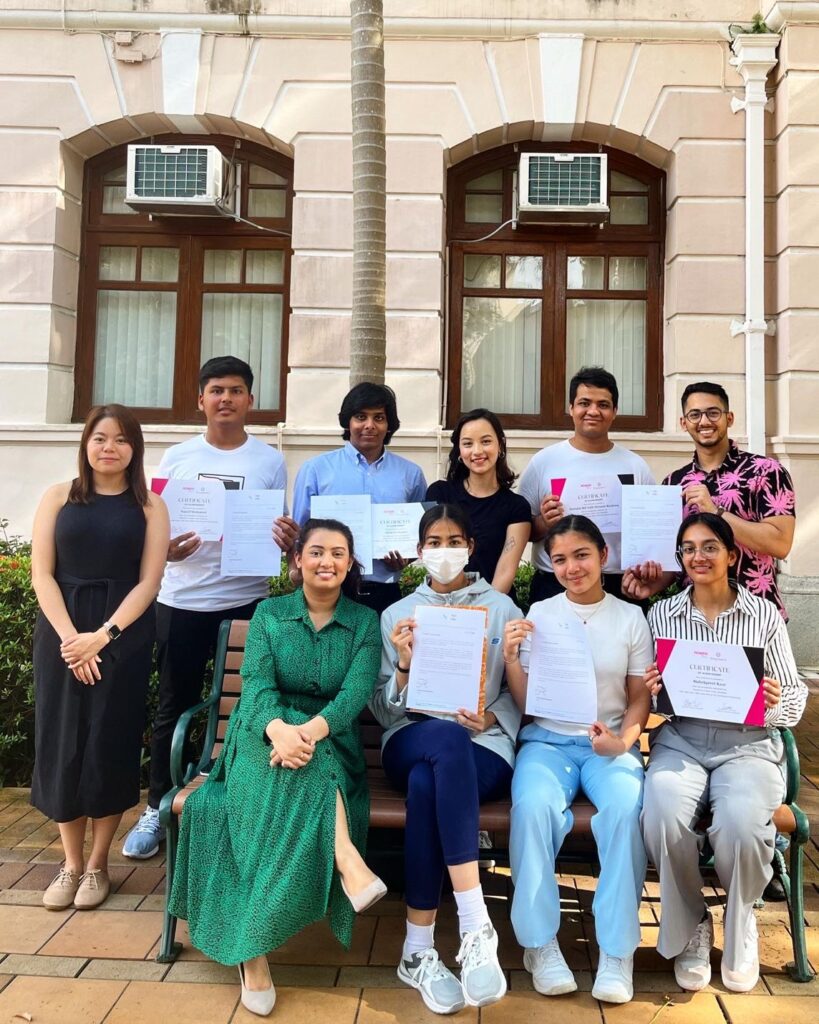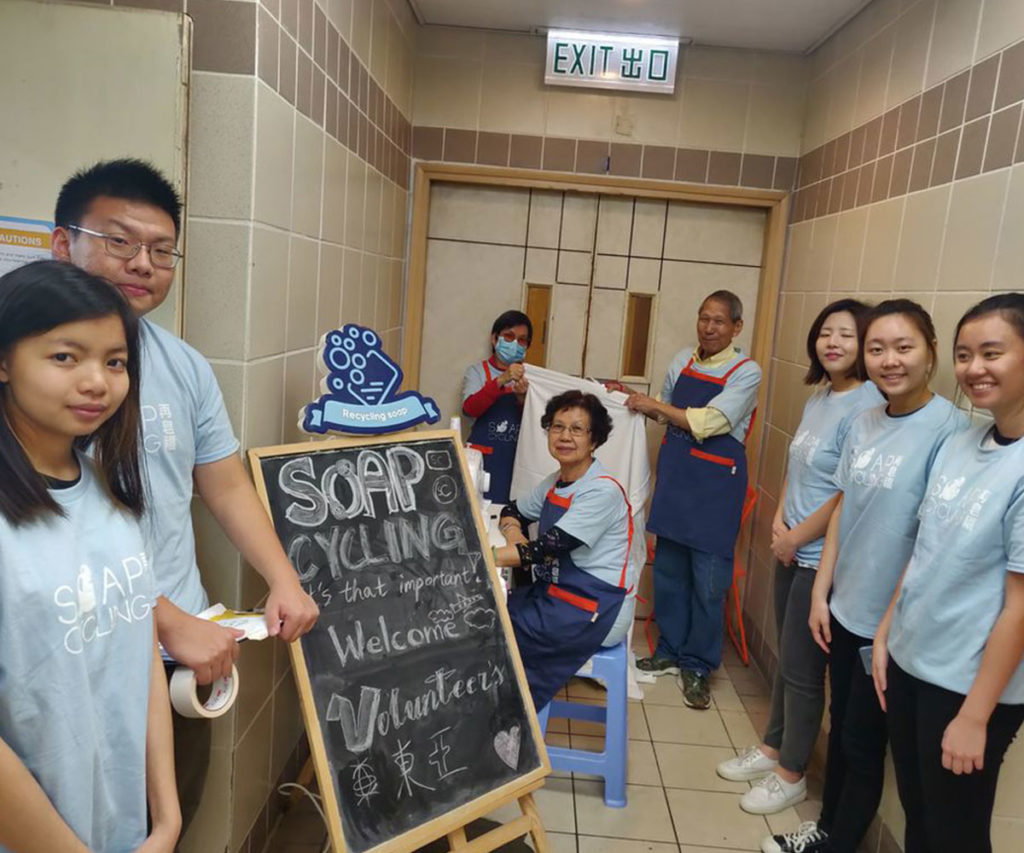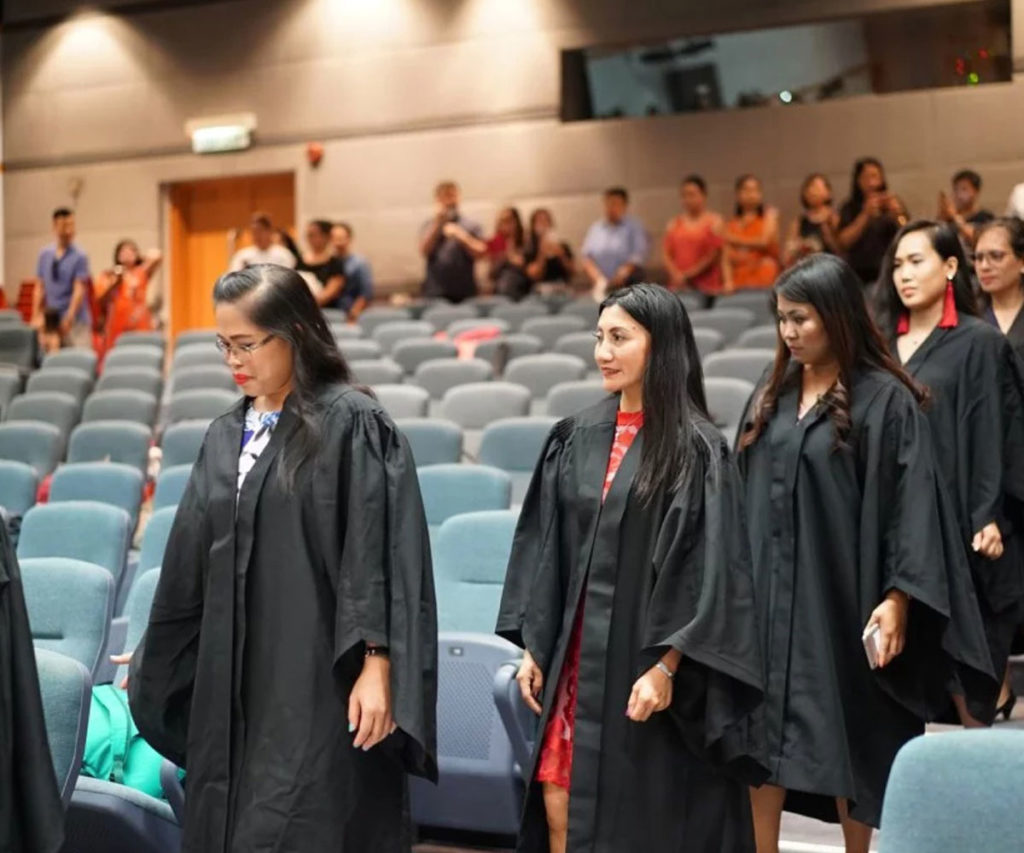Lamia Sreya Rahman is an impact-driven tech entrepreneur, social justice advocate, and Co-founder of Seekr. She was nominated by Foundation for Shared Impact (FSI) as a social impact leader to take our Board Director Training with the sponsorship of PwC. Since completing the training, Lamia has joined the boards of Migrasia and EmpowerU, and has become one of the most active directors the social enterprises have seen.
Read our interview with Lamia to learn more about how she has gained instrumental insights into board governance from FSI’s training, as well as how her impact startup has benefited from the direct business support offered by FSI.
Tell us about yourself, Lamia?
I’m Lamia Sreya Rahman. I’m a PCLL Candidate at The Chinese University of Hong Kong. I also run my own startup called Seekr. What we do is we build assistive tech for people who are blind or visually impaired, also known as the VIP. My journey with FSI has been a long one, but I would say it has come full circle.
How would you describe your FSI journey: from joining our Mentorship Program for Ethnically Diverse Entrepreneurs as a mentee, our Community Business Support Program and Impact Jams as a community partner, and now the Board Director Training?
I joined FSI as one of the mentees of the Mentorship Program for Ethnically Diverse Entrepreneurs, where I learned about how to establish community relations with the VIP community. From the Program, I learned about how to expand my company, how to make the right connections, how to recruit talents to facilitate the growth of the company etc.
As a community partner of FSI, Seekr has received direct business support from FSI’s Community Business Support team. We were making a device for visually impaired people, but we didn’t necessarily have a lot of financial, talent, or tech support necessary to bring our vision to life. At that time, we were looking for a UX/UI designer, who was going to use Figma to create a style guide and also create our future app and website. And that’s when I reached out to FSI and its Community Business Support team, to see whether they could help us engage the right talent to make Seekr a reality.
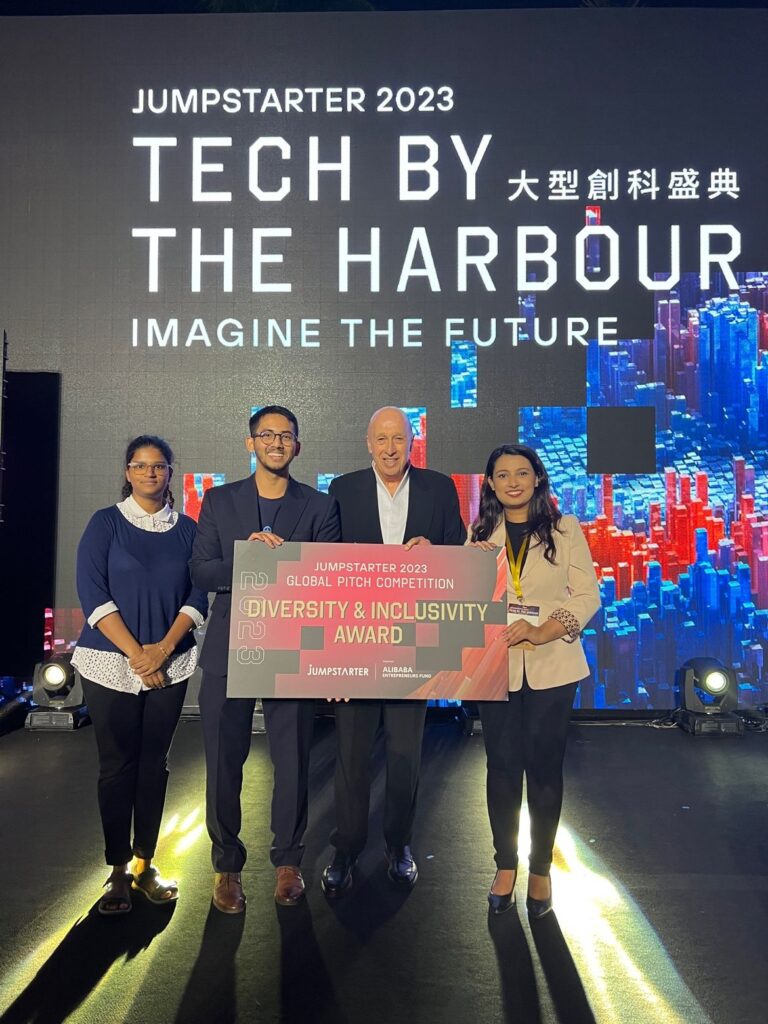
I was also nominated by FSI to join their Board Director Training, under the sponsorship of PwC, who asked FSI to nominate social impact leaders to take the training. The training came at just the right time as I was asked to join the board of Migrasia, which is a social enterprise that fosters and incubates solutions related to migration in Asia. I had no board member experience whatsoever. I’m actually one of the youngest members on the Migrasia board. And I didn’t know anything about what it is to be a board.
After completing my training, I am not just helping Migrasia itself, but also just other small communities that are involved with it, like giving them suggestions on how they should run their company, scaling, recruiting talent etc. I also share my knowledge on how small decisions may look like in the long run for a company, and how small-scale businesses can assess their impact.
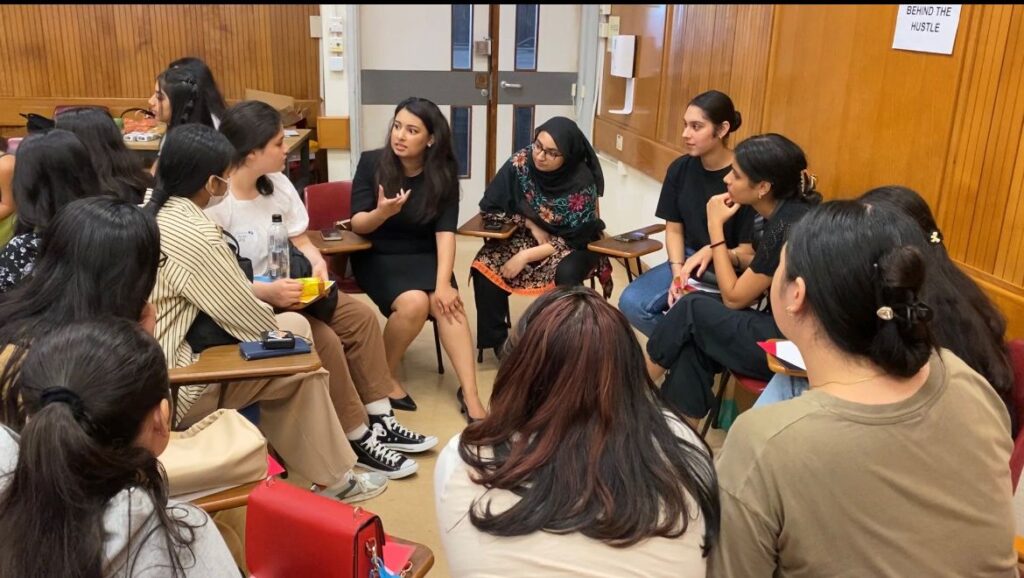
What do you find to be the greatest takeaway from the training?
Being a board of director is such an important role. I think my greatest takeaway from the training is that you don’t have to be confined into a box and do things in a traditional way. From the discussions we had during the course and other participants who are existing board members, I learned to do things a little bit differently, especially if you are someone who’s working in the impact space.
Has the training helped you build leadership skills? For example, you just mentioned that you recently joined the Migrasia board. Did you get to learn what you wanted from the training and how has that helped you to become a better board director at Migrasia?
Joining the Migrasia board is my first time actually being on a board. I’ve done a lot of work in advocacy or running a startup, but never really a board director. So I came into the space with an open heart and an open mind, just wanting to learn what it means to be a board director.
Some people say you can just Google what it means to be a board director, and they say that being a board director means you have to always think in the best interest of your company and gear towards that, but they don’t give you concrete steps as to how you do that. How do you establish connections with the people that you work with? Or how do you build that partnership with other people to ensure that your company is running? During my training, I took a lot away from learning these soft skills and hard skills, and also to think about it from a long-term perspective as to how you see your company grow and how you measure that growth. So those things were very practical for me.
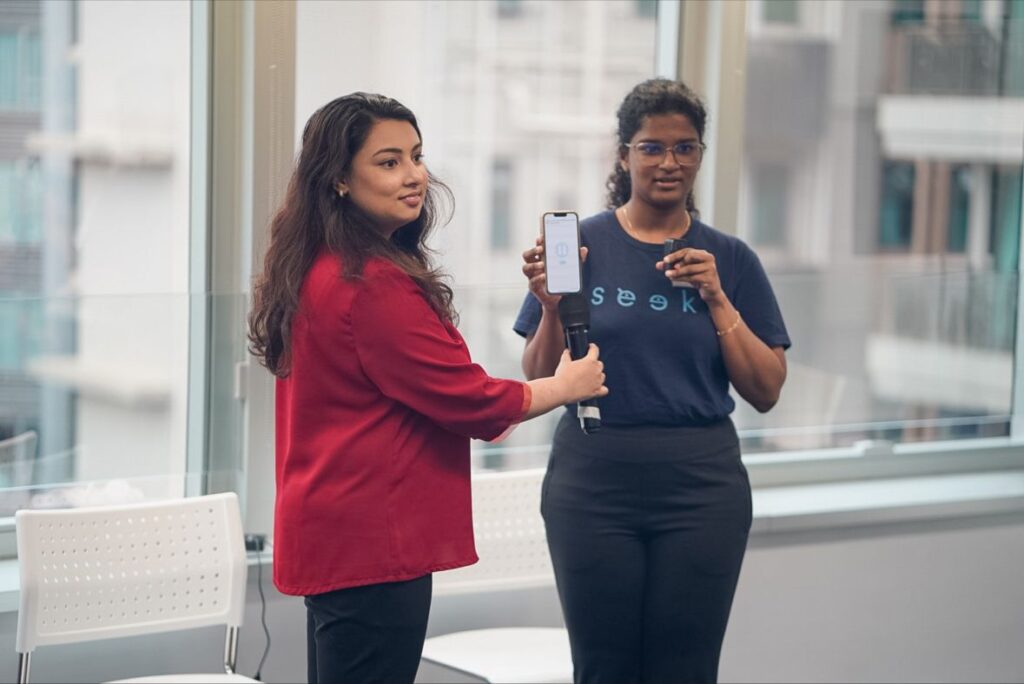
Now that you’re on the Migrasia board, do you have goals for yourself as to what kind of director you want to be? What kind of input would you like to make to the Migrasia board?
Sometimes when people at the board are making a decision, they are really far off from who they are actually serving. The type of director that I want to be is someone who is progressive, and also someone who is agile in the sense that I’m able to bridge that gap between the organization and the people it serves. As a director, you are not only just supporting the members on the board, but also the people who are the body of the company. That’s the type of director I’d like to be.
How would you describe FSI’s Board Director Training?
It is practical. It’s creative. It gives you a fresh perspective onto things. And most importantly, it’s a community: you get to meet all these other people in their respective fields who are trying to make an impact. You see firsthand what it is that works in their company and to learn how they do it. It’s really an eye-opener.
Would you recommend the training to anyone? And what kind of people do you think should take the training?
I think anybody who wants to be in the impact space would definitely benefit from being a part of the training, because of how practical it is, and also how niche it can be. For example, when it comes to setting up community targets, how can you, as a board member, ensure the targets are met? I think it’s very important for startups or NGOs to know about these things.
